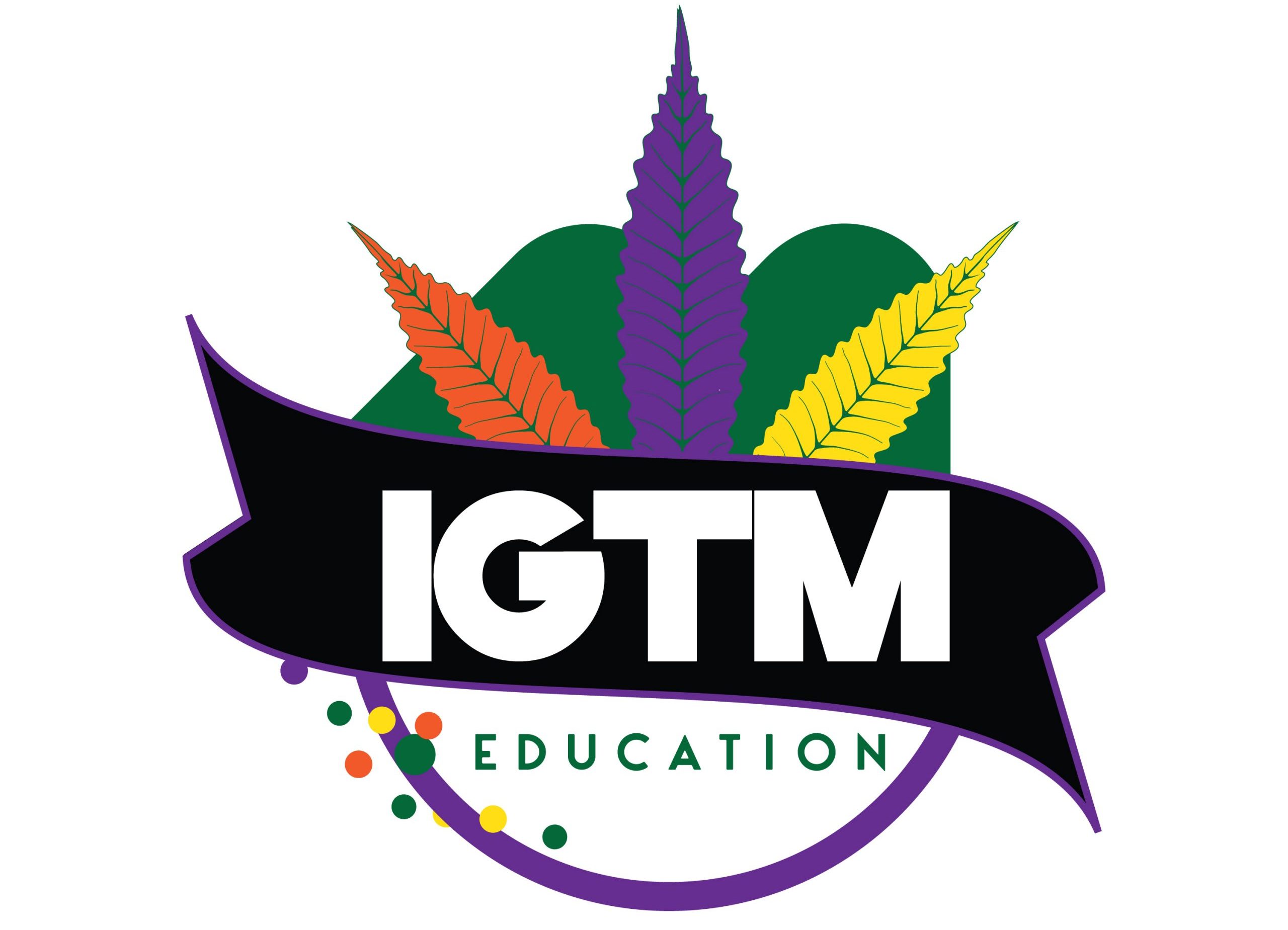
Arizona’s 26 social equity licenses for adult-use cannabis dispensaries will be tied to applicants who have recently lived in qualifying ZIP codes, the state’s Department of Health Services (ADHS) announced Oct. 8.
To meet the geographic residency requirement, applicants must have had a physical address and lived in one of the 87 postal codes for at least three of the past five years.
While ADHS officials did not release details about their selection process—there are more than 500 ZIP codes in the state—the chosen areas appear heavily focused on or near Native American reservations, The Arizona Republic reported.
Social equity programs have been met with criticism and lawsuits in other states that have, or are trying to, adopt them. Illinois, where three lotteries were held in July and August, is unable to issue 185 retail licenses until a standing court order is lifted.
Former ADHS Director Will Humble, who led the effort to implement Arizona’s medical cannabis program, told the Republic that he expects some who think they should be eligible for the 26 social equity licenses—but who later find out they are not eligible—to challenge the rules in court.
“I’m sure they’re going to get sued,” Humble said, adding that one of the principles of good governance is to explain the conclusions officials have come to, with respect to the ZIP-code selections. “It’s possible the [ADHS] lawyers said the more information we provide, the more ammo we are offering.”
When Arizona voters approved adult-use legalization in the 2020 election through Proposition 207, the measure allowed for existing medical cannabis operators to seek licenses in the adult-use market beginning in January. It also included a provision to make 12 adult-use retail licenses available in rural counties that have one or no medical cannabis dispensaries.
In addition, Prop. 207 established 26 social equity licenses to be awarded to applicants impacted by prohibition, but ADHS draft rules (released in December) did not explicitly address those licenses. It wasn’t until last week, when ADHS officials released the qualifying ZIP codes, that the entirety of those rules came to light.
To qualify as an applicant for the 26 social equity licenses, one or more of the principal officers or board members of the applying entity holding an aggregate of at least 51% ownership in the entity must meet three of the following four criteria:
- Had a household income for at least three of the previous five years that, for the respective year, was less than 400% of the federal poverty level.
- Has been adversely affected by the enforcement of previous cannabis laws because the individual:
- Is eligible and has petitioned for expungement pursuant to Arizona Revised Statutes Section 36-2862; or
- Was convicted in Arizona of a violation of the federal or state law related to cannabis or cannabis paraphernalia and does not have an excluded felony offense.
- Has been adversely affected by the enforcement of previous cannabis laws because the individual is related, as one of the following, to another individual who was convicted in Arizona for cannabis or cannabis paraphernalia crimes:
- Spouse
- Surviving Spouse
- Parent
- Child
- Sibling
- Legal Guardian
- Has a physical address and has lived for at least three of the previous five years at the physical address in a community that has been identified by ADHS as disproportionately affected by the enforcement of Arizona cannabis laws.
According to ADHS, social equity license holders will be required to develop and implement policies to document how their businesses “will provide a benefit to one or more communities disproportionately affected by the enforcement of Arizona’s previous marijuana laws.”
ADHS plans to accept applications for the 26 licenses in December. Department officials will review all applications for administrative and substantive completeness. Applications deemed complete will be entered into a random selection process used to award the license winners. The random selection is scheduled for Spring 2022, according to ADHS.
A limited-license state, Arizona’s adult-use cannabis program allows for a total for 169 retail licenses.
